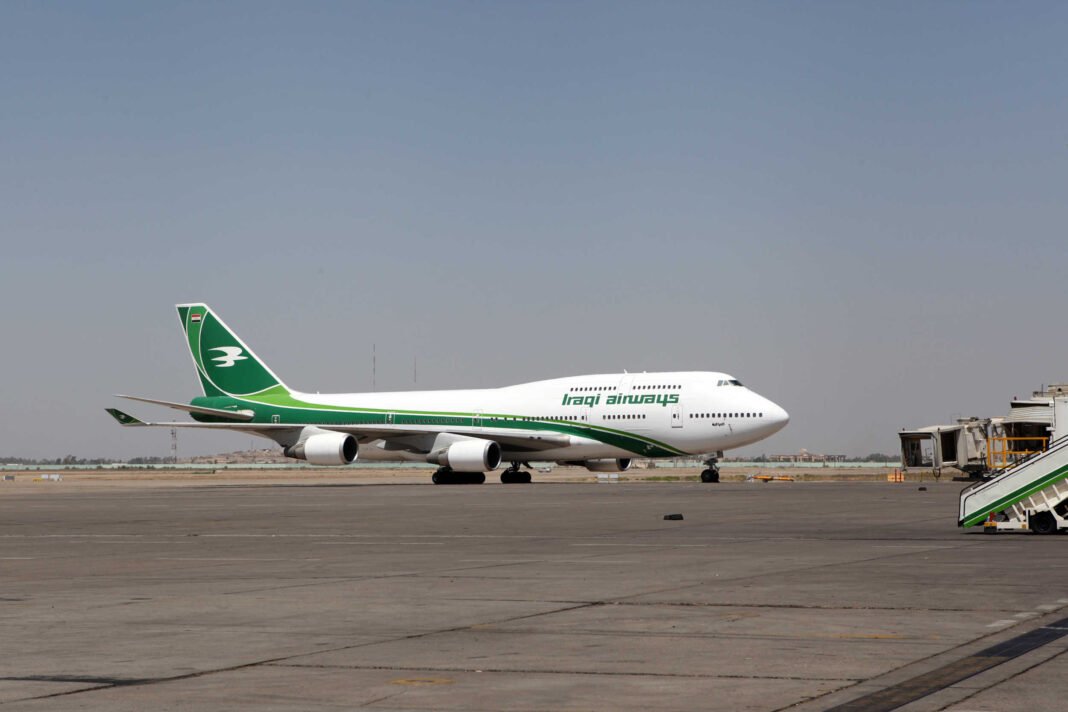Iraq loses $250,000 daily from airspace closure, a financial blow caused by rising tensions in the Middle East. This loss followed the decision to shut the country’s airspace due to missile exchanges between Iran and Israel. The closure began on June 13, after Israel launched airstrikes targeting Iran.
Before the conflict, over 700 aircraft flew through Iraq’s airspace each day. These flights generated steady income from transit fees. However, most airlines have since rerouted through neighboring countries. As a result, Iraq’s revenue stream has been severely disrupted.
Passenger aircraft typically pay $450 in transit fees. Cargo flights pay around $700. These fees represented a significant portion of Iraq’s aviation income. With the closure in effect, that revenue disappeared almost instantly.
The country’s national carrier suspended most domestic and international flights. The closure alone causes Iraq to lose $250,000 each day, but experts warn that the actual financial damage could be much higher when including airport and ground service losses.
According to a member of the transport committee in parliament, Iraq continues to suffer direct and indirect losses. These include the impact on foreign airlines, airport operations, and logistics companies.
The conflict between Iran and Israel has forced airlines to avoid large sections of the Middle East. Many international carriers now consider the region too risky for overflight. Consequently, Iraq remains cut off from a major source of aviation-related income.
The airspace closure continues to drain Iraq’s economy, with daily losses reaching $250,000. With no clear timeline for reopening, the aviation sector remains at a standstill. This disruption adds further strain to the country’s already fragile economy.
The loss also affects trade, tourism, and internal transport. Hotels and travel agencies report fewer bookings. Cargo delays are slowing supply chains. Even domestic movement has been impacted, reducing access to critical goods in remote areas.





